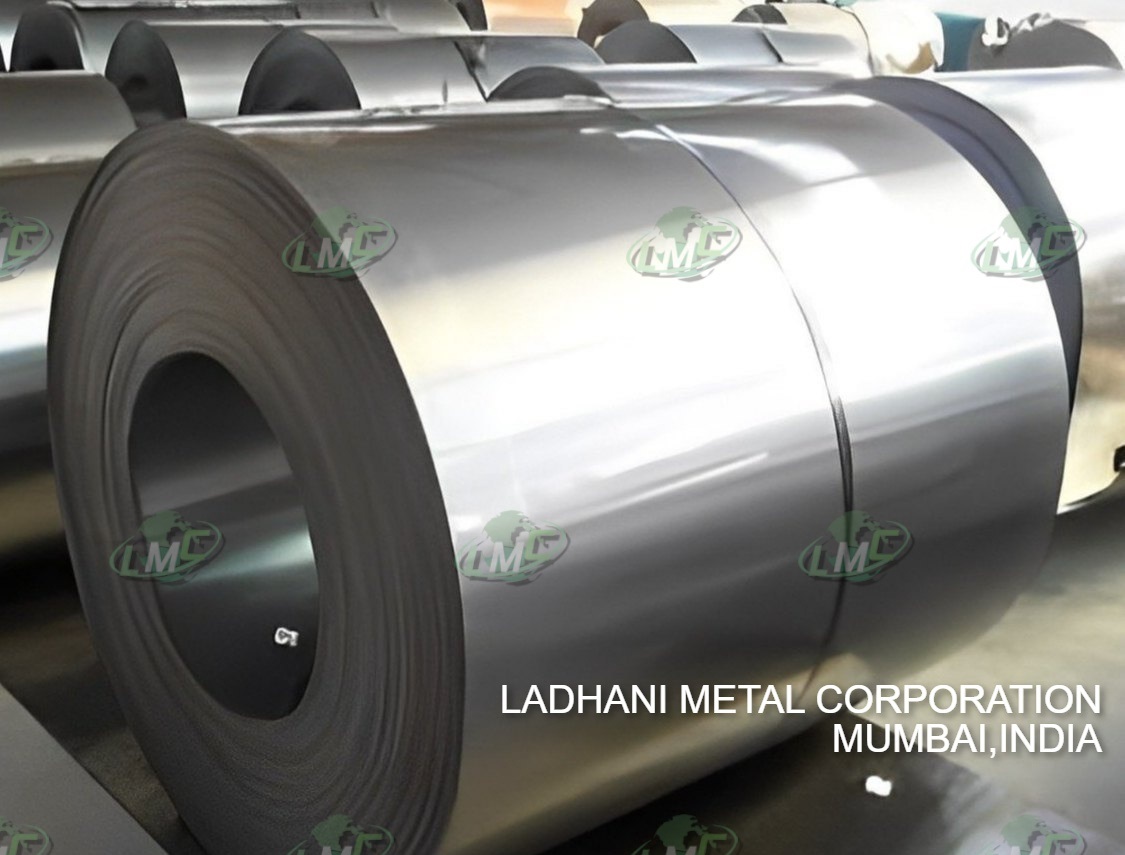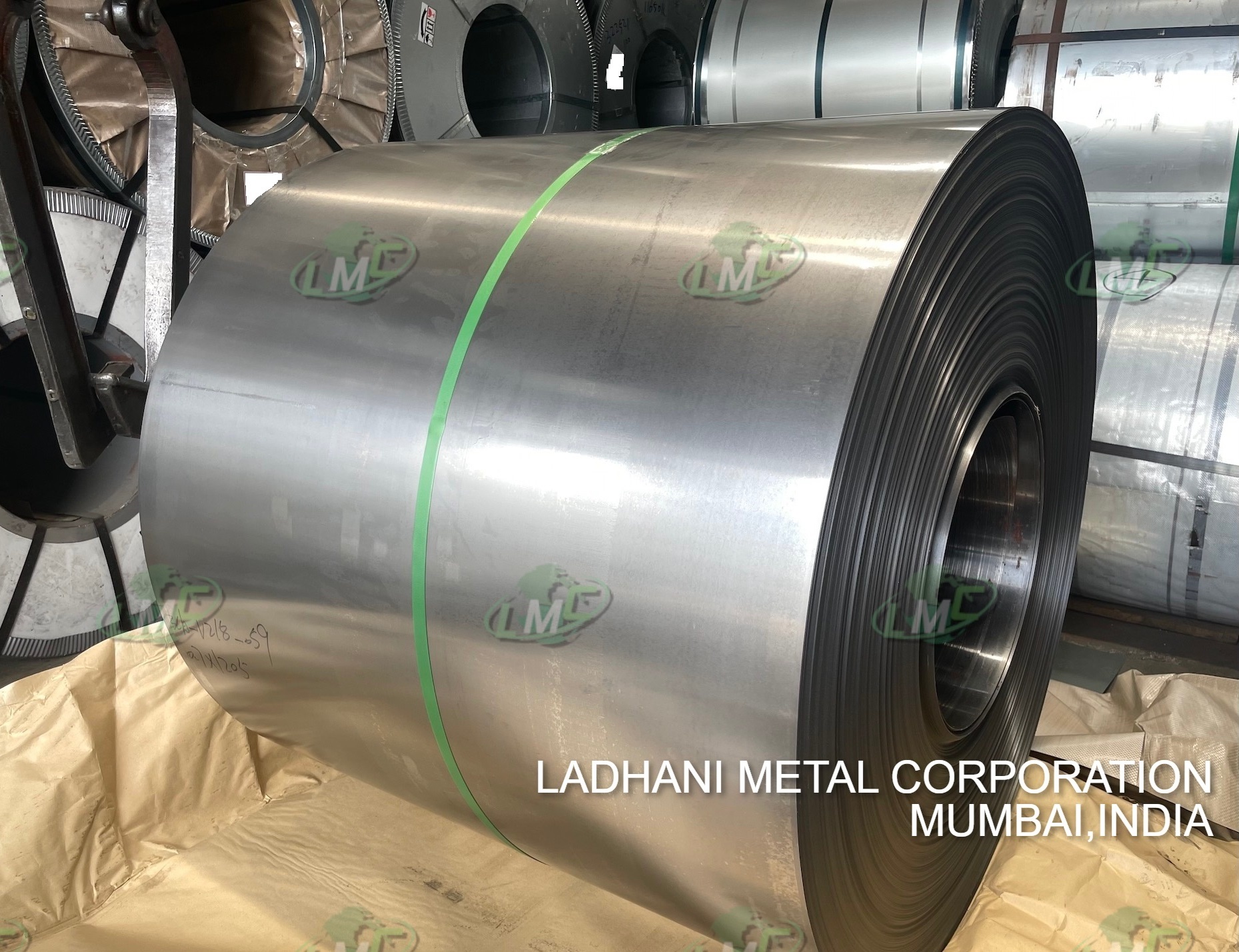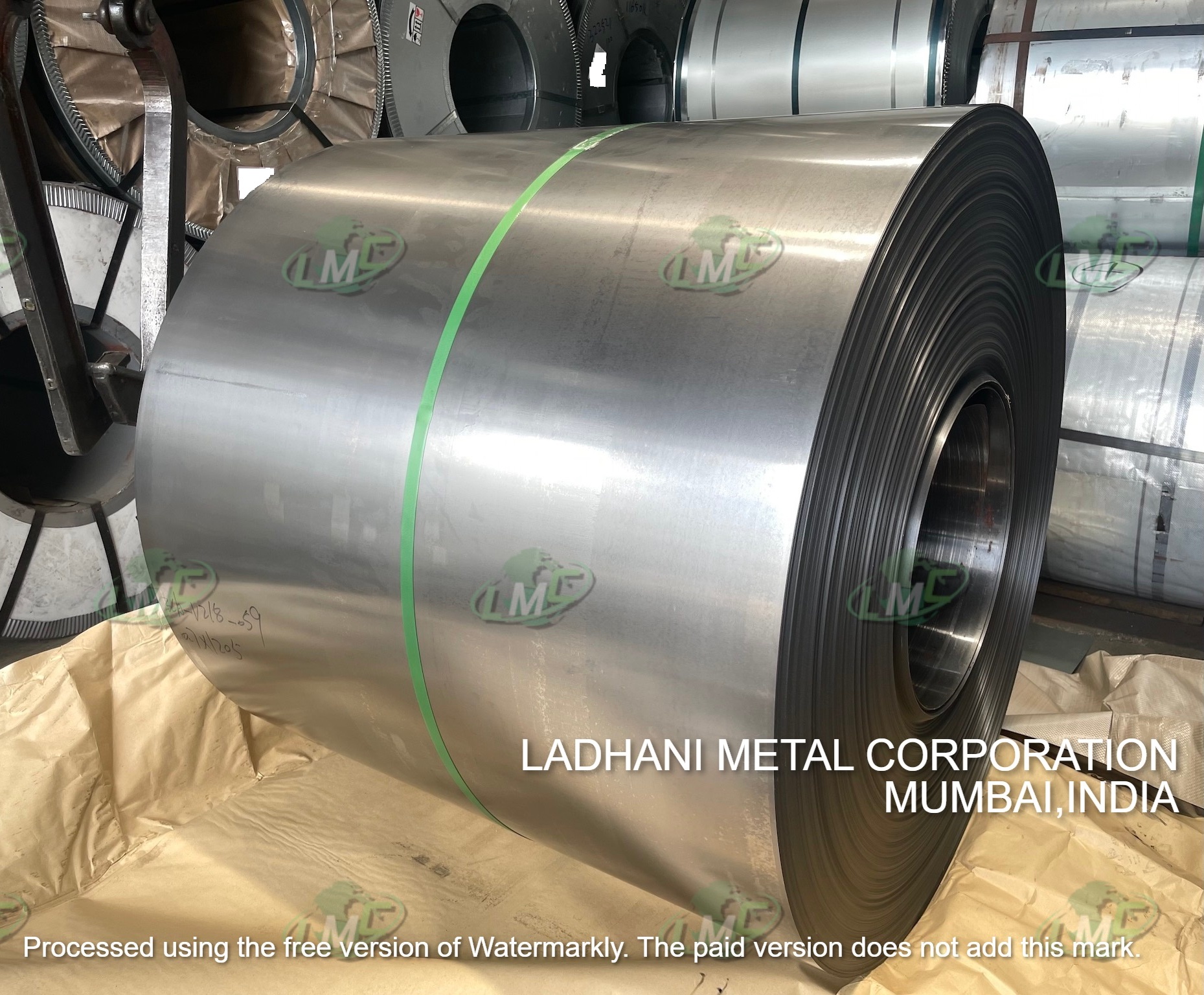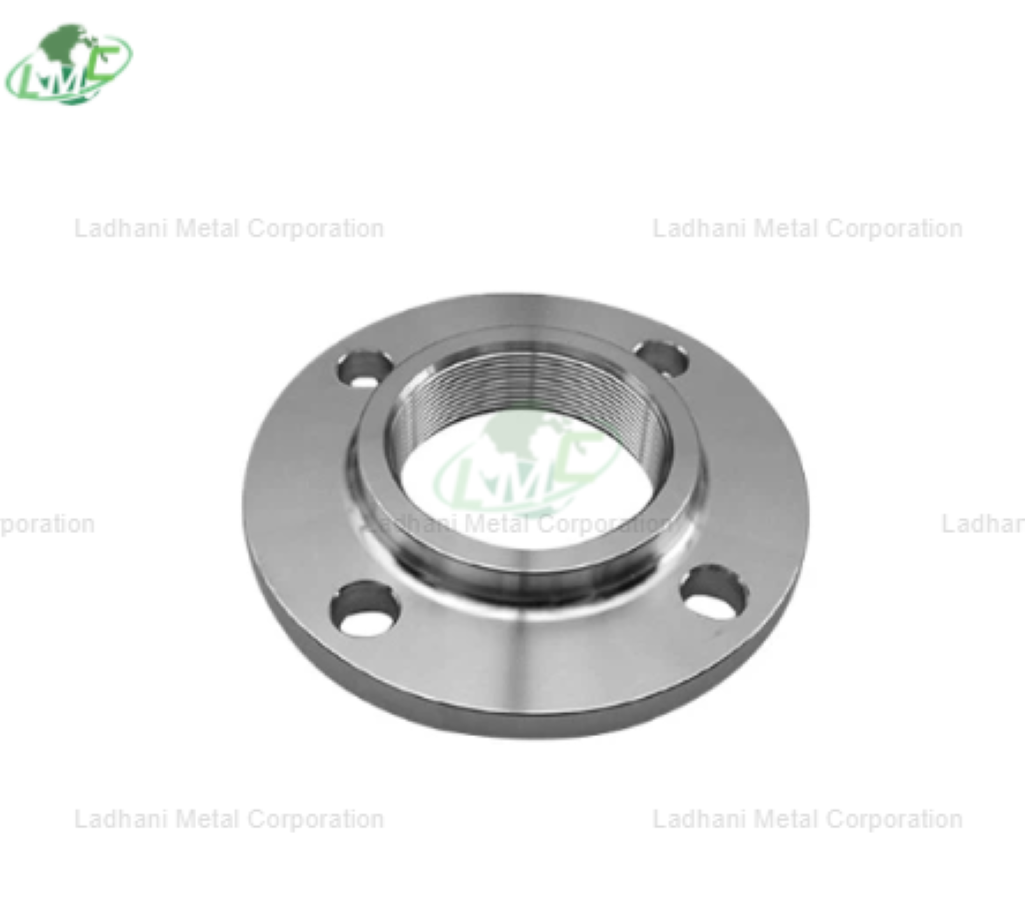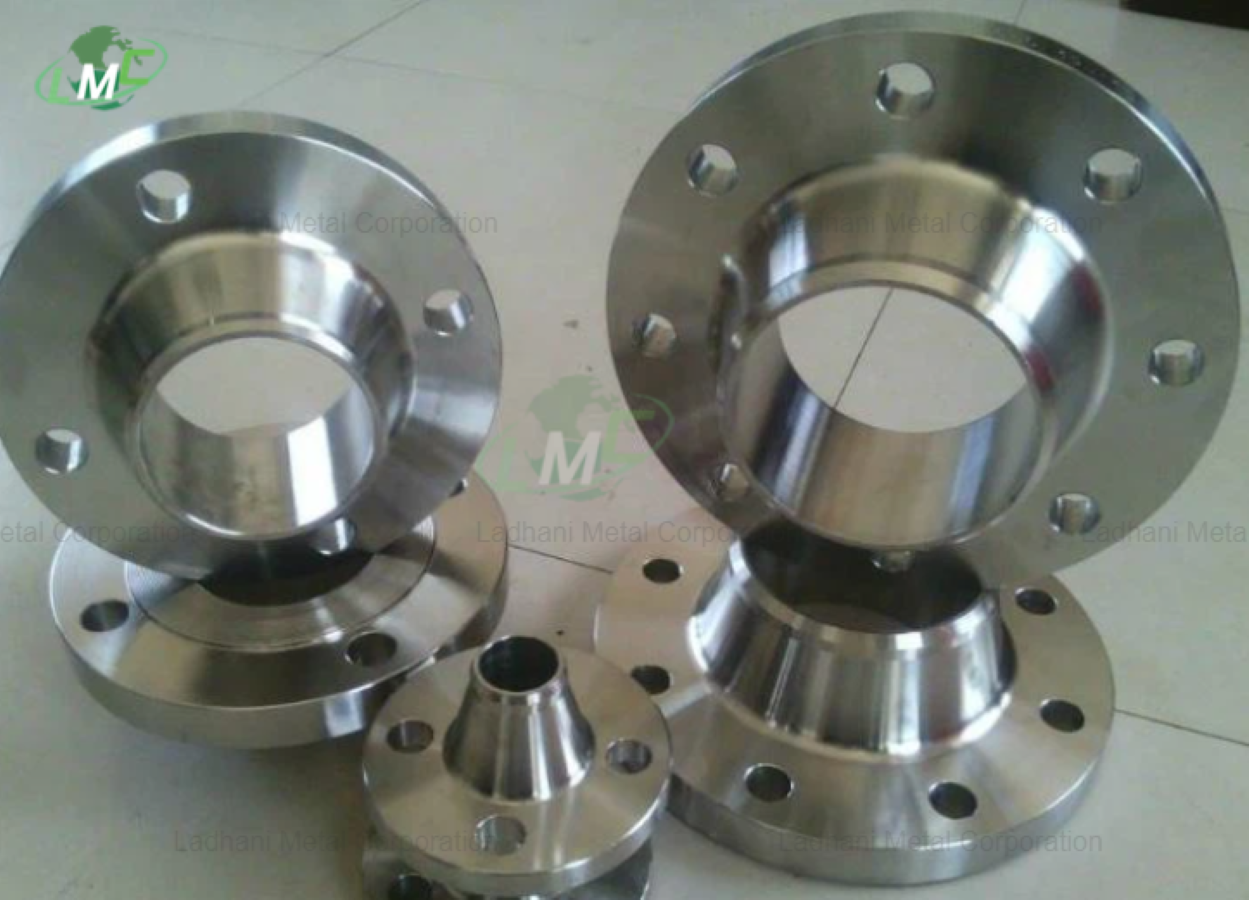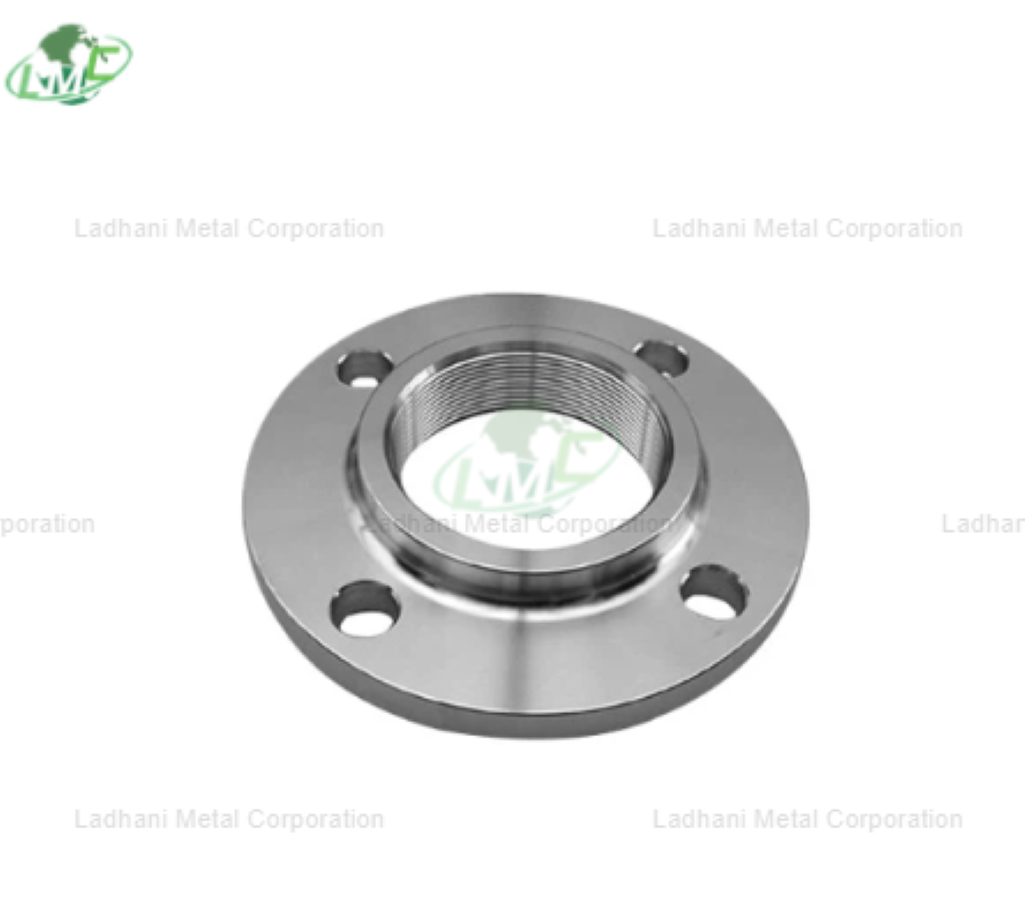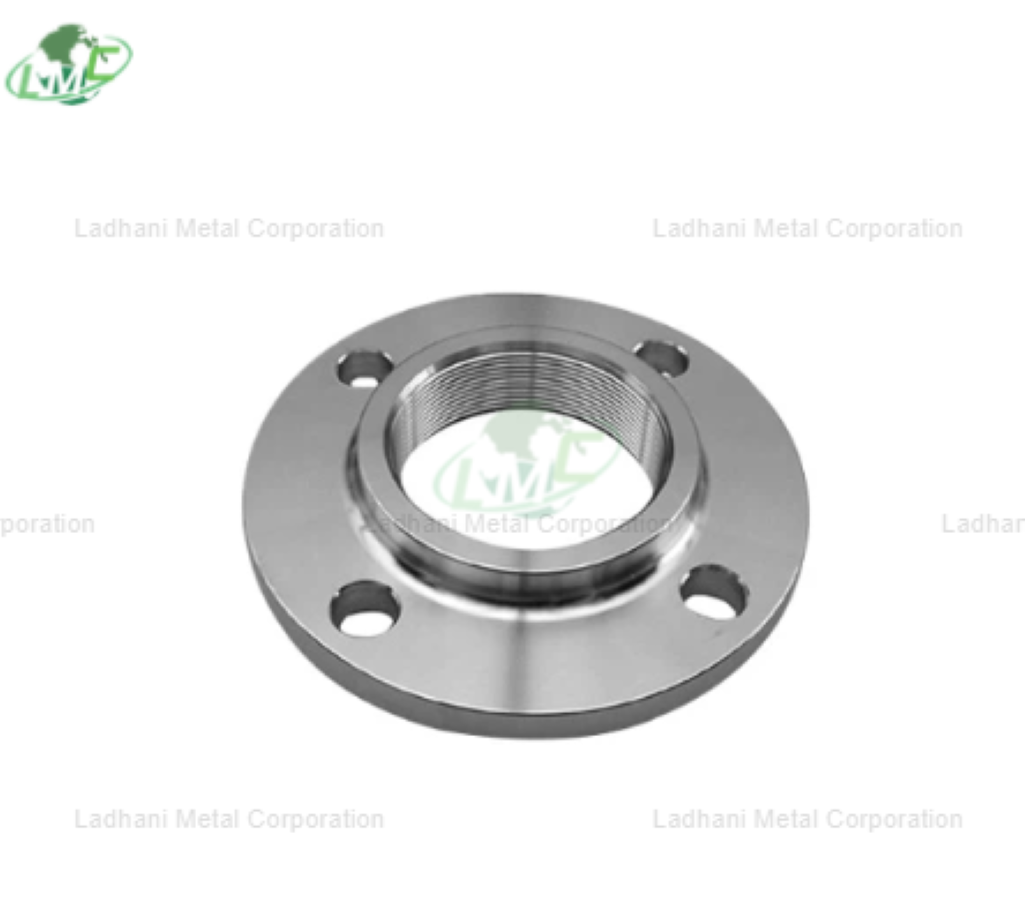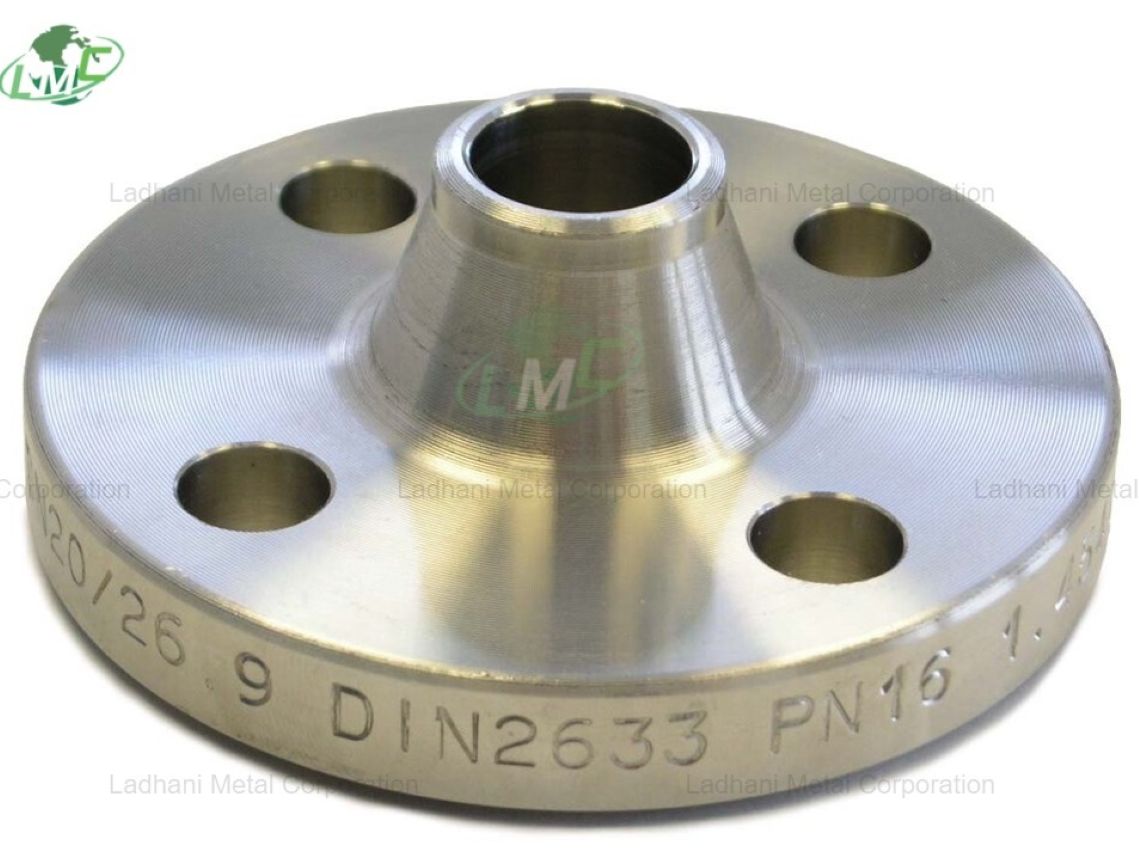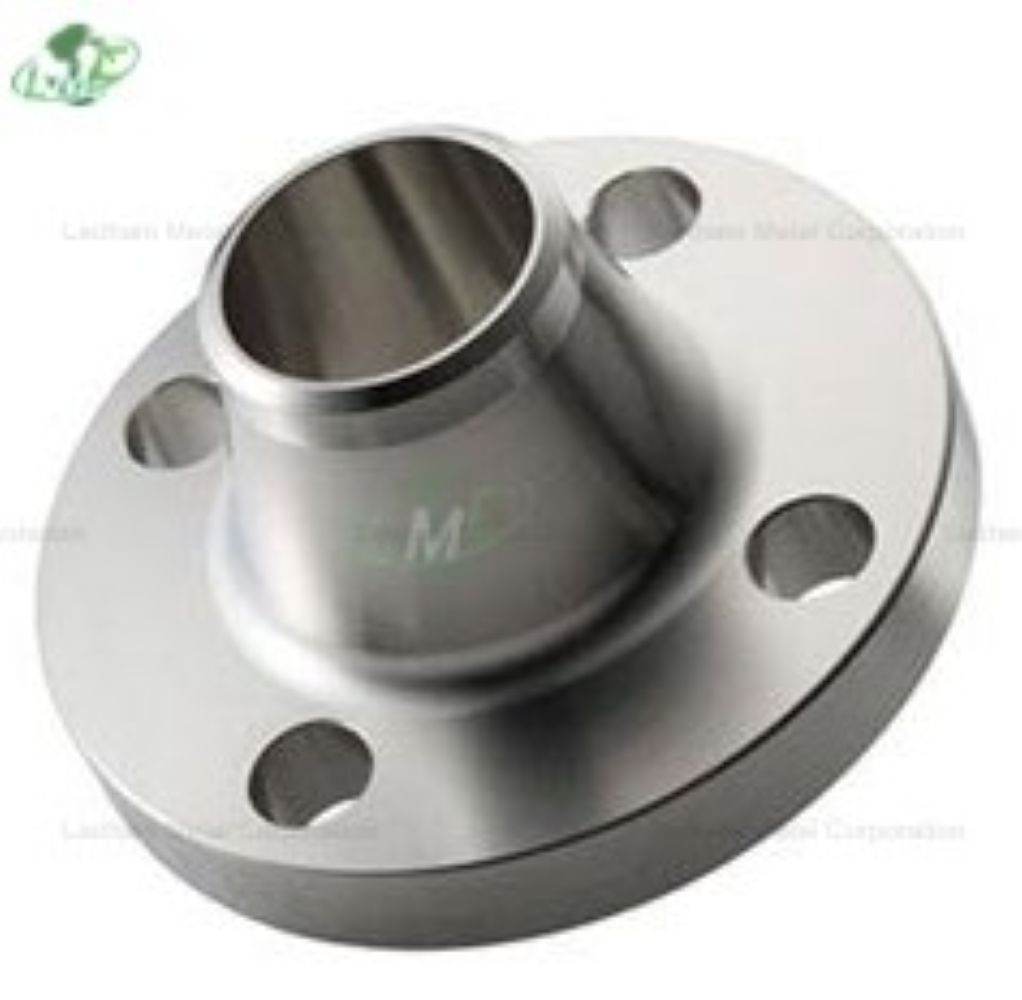QUALITY STANDARD MATERIAL NO. OLD DESIGNATION DC04 DIN EN 10130 1.0338 St 14-03 The special deep-drawing grade DC04 is specified in accordance with the standard DIN EN 10130, which focuses on cold-rolled flat products made of soft steels for cold forming. This standard specifies the technical requirements and test methods for cold-rolled products that are important in numerous industrial applications, especially where high formability and excellent surface quality are required. DC04 is a low-carbon steel that impresses with its exceptional cold formability. The chemical composition of DC04 is precisely balanced to ensure that the material has the desired mechanical properties. The carbon content in DC04 is typically a maximum of 0.08 %, while the manganese content is a maximum of 0.40 %. This composition supports the high formability and weldability of the steel, making it ideal for demanding forming processes. The mechanical properties of DC04 are characterized by a low yield strength of maximum 210 MPa and a tensile strength between 270 and 350 MPa. Particularly noteworthy is the high elongation at break of at least 38%, which illustrates the excellent formability of the material. These properties make DC04 a preferred choice for the production of complex components that require high precision and surface quality, such as car body components in the automotive industry or filigree parts in the electronics industry. The DIN EN 10130 standard also specifies the tolerances for dimensions, shape and surface finish. These tolerances are crucial to ensure consistently high product quality and to meet the requirements of end users. The surface of the cold-rolled flat products can be supplied in various qualities, from matt to high-gloss, to meet the specific requirements of different applications. The DIN EN 10152 standard specifies electrolytically galvanized, cold-rolled flat steel products for cold forming, including the special deep-drawing grade DC04. This standard defines the requirements for the zinc coating and the basic mechanical properties of the base material. DC04, when electrolytically galvanized in accordance with DIN EN 10152, is given an additional corrosion protection layer of zinc. This layer protects the material from oxidative influences and significantly increases the service life of the components made from it. The zinc coating can be applied in various thicknesses, depending on the specific requirements of the application. Typical coating thicknesses range from 5 to 20 µm. The chemical composition and mechanical properties of the base material DC04 remain unchanged even after galvanizing and meet the requirements of DIN EN 10130. DC04 therefore retains its excellent cold formability and mechanical performance. In addition to mechanical performance, the quality of the zinc coating is of central importance. The DIN EN 10152 standard specifies the requirements for the uniformity of the coating, the adhesive strength of the zinc and the surface quality. These requirements ensure that the galvanized products offer high corrosion resistance and an aesthetically pleasing surface. The use of DC04 in accordance with DIN EN 10152 is widespread in the automotive industry, the construction industry and in the manufacture of household appliances, where improved corrosion resistance is required in addition to high formability. Electrolytic galvanizing offers optimum protection here without impairing the excellent mechanical properties of the base material. DC04 and DC01 are both cold-rolled, unalloyed quality steels that are used for various industrial applications. While DC01 serves as the standard grade for general cold forming processes, DC04 is characterized by improved deep-drawing properties and higher ductility. This comparison highlights the differences between the two materials in terms of chemical composition, mechanical properties and typical applications. Chemical composition The chemical composition influences the formability and weldability of the steel. Both steels are made of carbon steel, but DC04 has a lower carbon content, which supports its improved cold formability. Thanks to the lower carbon and Sulphur content, DC04 offers improved deep-drawing capability as less intergranular embrittlement occurs. Mechanical properties The mechanical properties are decisive for the forming processes and the behavior of the steel under load. DC04 has a lower yield strength and higher elongation, which makes the material easier to form. The lower yield strength and increased minimum elongation of DC04 make this material ideal for demanding forming processes such as deep drawing.
Send Message
